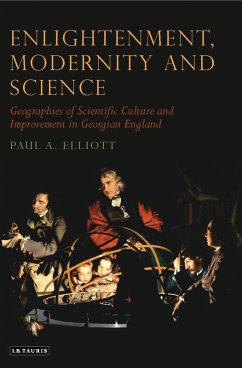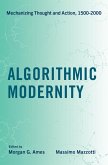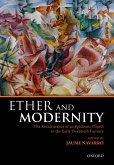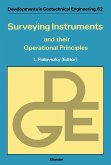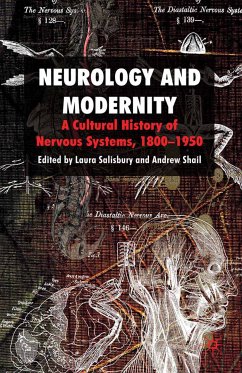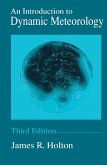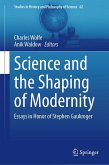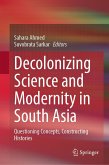Scientific culture was one of the defining characteristics of the English Enlightenment. The latest discoveries were debated in homes, institutions and towns around the country. But how did the dissemination of scientific knowledge vary with geographical location? What were the differing influences in town and country and from region to region? Enlightenment, Modernity and Science provides the first full length study of the geographies of Georgian scientific culture in England. The author takes the reader on a tour of the principal arenas in which scientific ideas were disseminated, including home, town and countryside, to show how cultures of science and knowledge varied across the Georgian landscape. Taking in key figures such as Erasmus Darwin, Abraham Bennett, and Joseph Priestley along the way, it is a work that sheds important light on the complex geographies of Georgian English scientific culture.
Bitte wählen Sie Ihr Anliegen aus.
Rechnungen
Retourenschein anfordern
Bestellstatus
Storno

